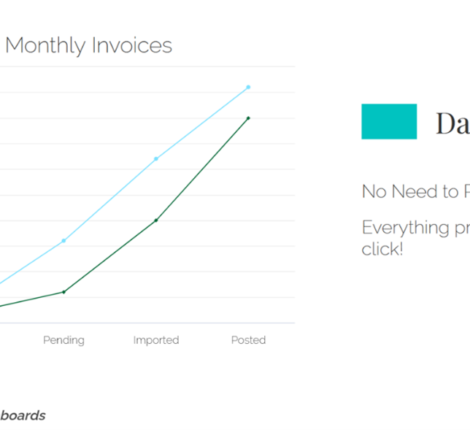Why more companies want unified, cloud-based ERP and HCM
By Margaret Harrist, Director of Content Marketing, Oracle
In the last year, many companies found that they didn’t have the flexibility or visibility they needed as the pandemic spread around the world.
“The CFOs and CEOs I talk with say that digital finance transformation is no longer just a vision, but for many it’s a necessity to survive, especially during this time,” said Rondy Ng, Oracle senior vice president of Applications Development, during the recent Oracle HCM Virtual Summit, “Uniting HR and Finance: Navigate with Confidence“. “They have to support remote workers and want to make sure they are no longer shuffling papers and spreadsheets to close the books. And they need visibility into the business right now—not a few weeks later.”
Business leaders also want to predict the right actions to take in terms of resources and budget and they’re using artificial intelligence and machine learning to plan more accurately, he said.
“But if their HCM and ERP systems don’t have the latest information, any predictions they make using machine learning for predictions or forecasting will only be as good as the data from months ago,” Ng said.
“That’s why Oracle’s ERP and HCM product development teams are investing heavily in incorporating machine learning into the functions that customers use every day,” he said.
In addition to having access to the latest innovations, which are released every quarter, the growing number of companies that are adopting both systems have a critical advantage: a single, integrated platform and data model for HCM and ERP.
This provides a central source of data and metadata for things like enterprise structures, legal entities, cost centers, and organizations—none of which are static, Ng pointed out.
“When changes are made that impact things like approvals or organizational hierarchies in both systems, an integrated platform helps maintain a consistent view between ERP and HCM,” he said. “For companies that have tens of thousands or even hundreds of thousands of employees, changes are happening all the time—and how those changes affect the ERP and HCM systems is not a trivial matter at all.”
For companies that have deployed both Oracle Cloud ERP and Oracle Cloud HCM, the benefits they’re seeing are not trivial either. Ng and Chris Leone, Oracle senior vice president of HCM Applications Development, highlighted results for a few of those companies:
- A multinational security services company has reduced back-office costs by almost 40%
- A telco in Europe has reduced time spent closing the books by 50%
- A large retail chain with more than 450,000 employees across 6,000 stores has automated numerous business processes across ERP and HCM
- Another large omnichannel retailer with more than 1,000 brick-and-mortar stores is using machine learning and access to data in real time to improve decision making
- A Las Vegas integrated resort company was able to close the books remotely with 50% fewer finance staff
“Our customers are looking for a customer-first focus and a proven and innovative leader in both the ERP and HCM space, and clearly they are looking for the best capabilities and best user experience,” Ng said.
The Oracle HCM Virtual Summit, which includes discussions with leaders of transportation giant YRC and staffing company TrueBlue, is available for replay here.
Source: https://blogs.oracle.com/saas/post/why-more-companies-want-unified-cloud-based-erp-and-hcm



